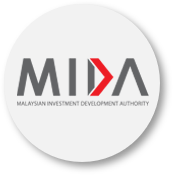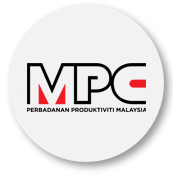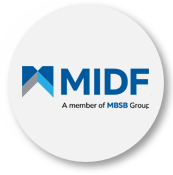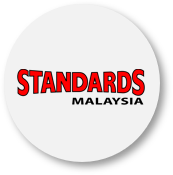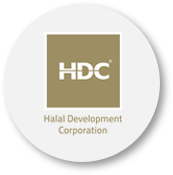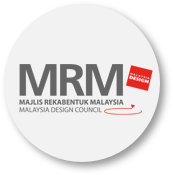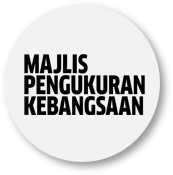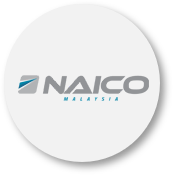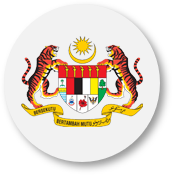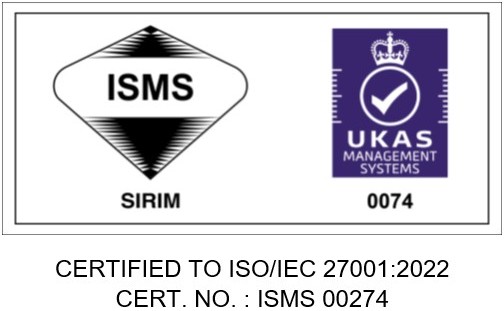Negotiations on services are focused on commitments to be made by both developed and developing Members, including Malaysia, on:
-
further liberalisation of market access openings;
-
developing disciplines on domestic regulation; and
-
rule-making in the area of emergency safeguard measures, government procurement and subsidies.
Commitments to liberalise the services market is guided by the principles of progressive liberalisation in increasing the level of commitments in sectors and modes of supply. The main approach to achieve this is through a “request and offer” process, i.e. Member countries only offer to liberalise sectors/subsectors when they are ready to do so based on specific requests by Members. Although requests for liberalisation are made through the bilateral and plurilateral approach, the liberalisation commitments of members will eventually benefit all Members at the multilateral level. Bilateral request-offer approach is done between two Member parties. Plurilateral negotiations on the other hand, involve a group of Members who identify their objectives in a particular sector or mode of supply for market openings and present those collective requests to another group. Currently, a total of 21 plurilateral groups have been established.
Under the Uruguay Round, Malaysia's commitments cover nine (9) services sectors:
-
Business and Professional;
-
Communication Services;
-
Construction and Related Engineering Services;
-
Financial Services;
-
Transportation Services;
-
Health-related Services;
-
Tourism and travel-related Services;
-
Recreational, Cultural and Sporting Services; and
-
Other Services.
Malaysia 's participation in services negotiations provides an opportunity for Malaysian services providers to seek better market access in both established and emerging markets overseas.
For the Doha Round, work is in progress towards finalising the revised offer as part of the overall package of commitments by Members.
Developed countries are seeking an ambitious level of market access liberalisation from developing countries in services sub-sectors such as:
-
telecommunications;
-
financial;
-
environmental;
-
construction;
-
distribution;
-
maritime transport; and
-
professional services, particularly architecture and engineering.
Developing countries on the other hand want developed countries to make offers in sectors and modes of interests to them, especially in:
-
Mode 4 (movement of natural persons); and
-
Mode 1 (cross-border trade).
Malaysia has submitted its Initial Offer in December 2004 and Revised Offer in December 2005. Market access for foreign services providers will be allowed only in sectors where domestic suppliers are ready to compete and contribute to the development of the sector. As at June 2008, 71 Initial Offers and 31 Revised Offers have been submitted by WTO Members.
Besides market access negotiations on services, the second pillar of the negotiation is on domestic regulation. Domestic regulation covers measures introduced by countries which may affect and impact market entry of service providers. Negotiations in this area are focused on developing disciplines to improve transparency and to prevent domestic regulation from being used as disguised trade barriers and hinder access to markets, in particular movement of professionals. Malaysia wants negotiations on domestic regulation to be completed as these disciplines are important to ensure that they do not negate market access commitments.
The third pillar of the services negotiations is on GATS Rules i.e. rule-making in emergency safeguard measures (ESM), government procurement and subsidies. There is difficulty in achieving a parallel outcome on all three areas of GATS Rules, as Members have diverse views on each area. Malaysia, however wants a balance in services negotiations which focuses on both market access and rules.
Last Updated 2015-05-14 11:59:29 by admin2







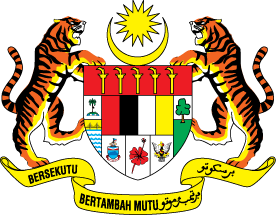





 Home
Home








